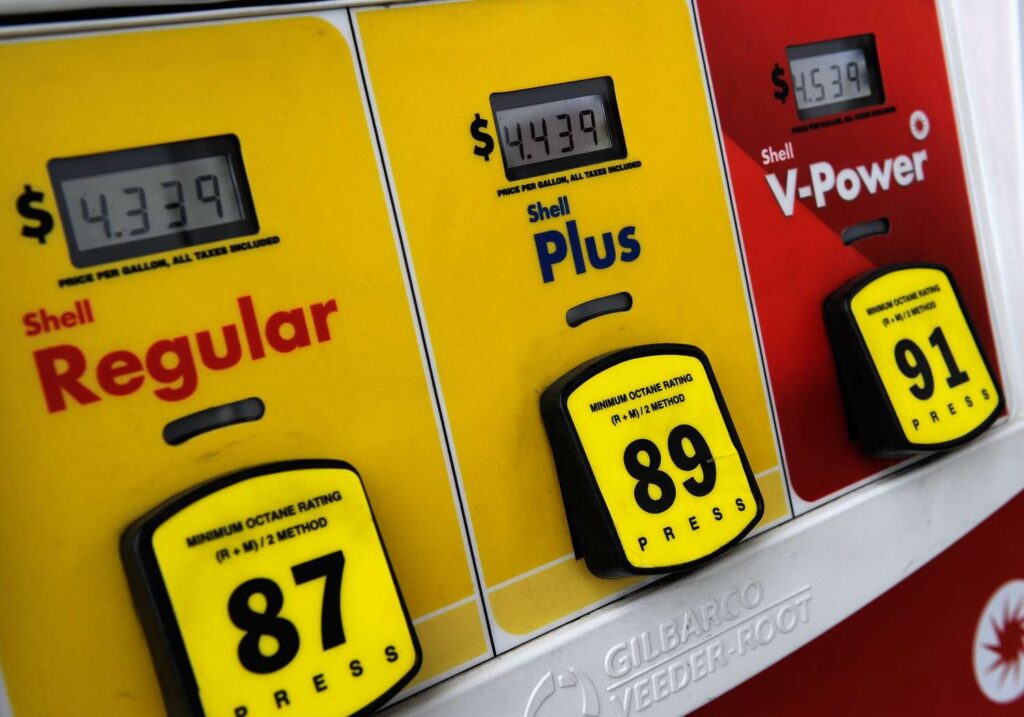
When it comes to fueling your car, you may have come across the term “octane rating.” This rating refers to the performance of the fuel and its ability to resist knocking or pinging during combustion. In most cases, 87 octane gas, also known as regular unleaded, is sufficient for the average car. However, there are a few factors to consider before deciding which octane rating is best for your vehicle.
Understanding Octane Ratings
The octane rating is a measure of a fuel’s ability to resist “knocking” or “pinging” during combustion, which is the result of the air-fuel mixture detonating prematurely in the engine. Higher octane fuels have a greater resistance to knocking, allowing for more efficient combustion and better performance in high-compression engines.
Most modern cars are designed to run on 87 octane gas, as this is the most common fuel available at gas stations. However, some high-performance and luxury vehicles may require higher octane fuel to operate optimally.
Check Your Owner’s Manual
The best way to determine the recommended octane rating for your car is to check the owner’s manual. The manufacturer will specify the minimum octane rating required for your vehicle. It’s important to follow these guidelines to ensure proper engine performance and avoid potential damage.
If you don’t have access to your owner’s manual, you can usually find the information on the fuel filler door or inside the fuel cap. Additionally, many car manufacturers provide online resources where you can look up the recommended octane rating for your specific make and model.
Consider Your Driving Habits
While the manufacturer’s recommendation is the most important factor to consider, your driving habits can also influence your choice of octane rating. If you frequently engage in aggressive driving, such as rapid acceleration or towing heavy loads, using a higher-octane fuel may help prevent knocking and improve performance.
On the other hand, if you primarily use your car for regular commuting and don’t push the engine to its limits, using a higher-octane fuel may not provide any noticeable benefits. In fact, it may even be a waste of money, as higher-octane fuels tend to be more expensive.
Beware of Fuel Additives and “Miracle” Products
There are countless fuel additives and products on the market that claim to improve fuel efficiency, boost performance, and even increase octane levels. However, it’s important to approach these claims with skepticism.
Most modern cars are designed to run efficiently on regular unleaded gasoline, and adding extra additives or octane boosters is unlikely to provide any significant benefits. In some cases, these products may even harm your engine or void your vehicle’s warranty.
If you’re concerned about fuel efficiency or engine performance, it’s best to consult with a trusted mechanic or follow the recommendations of your vehicle’s manufacturer.
In conclusion, for the majority of drivers, using 87 octane gas is perfectly suitable and will not cause any issues with their vehicles. However, it’s always a good idea to consult your owner’s manual or the manufacturer’s recommendations to ensure you’re using the correct octane rating for your specific car.
Remember, using a higher-octane fuel than recommended is not likely to provide any noticeable benefits and may only result in unnecessary expenses. So, next time you’re at the pump, feel confident in choosing 87 octane gas for your car!







